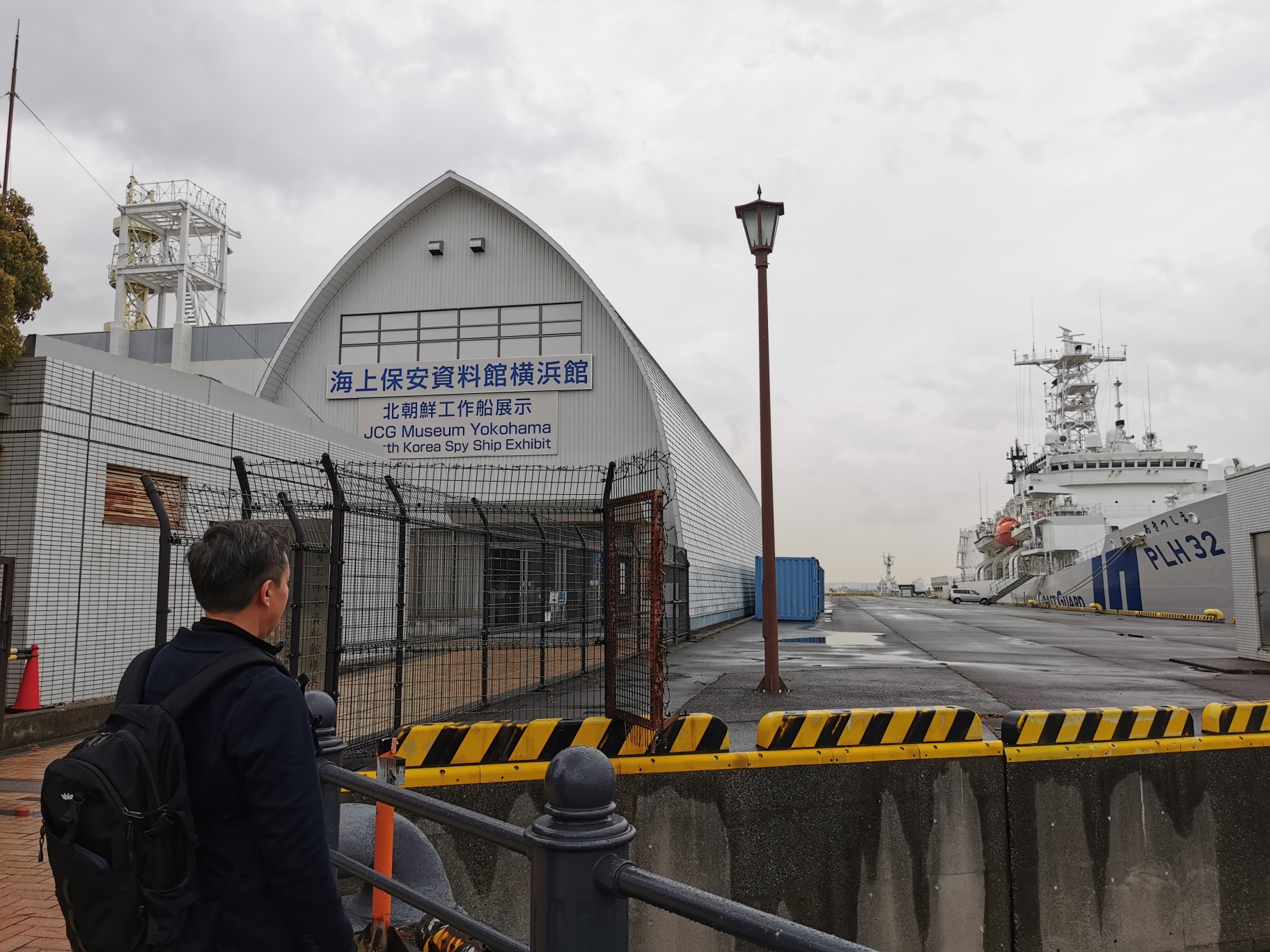Francis Lai, Wilhelmsen Ships Service, shares with Lee Kok Leong, our special correspondent, on the risks of counterfeit refrigerants and how to avoid them. Lai, Technical Product Manager, Refrigeration, says that counterfeit refrigerants put you and your crew members at safety and compliance risks.
Counterfeit refrigerants, defined as an imitation of refrigerants intended to deceive for financial gain, have existed for years since the 1987 Montreal Protocol-led phase-out of ozone-depleting substances like CFC and HCFC refrigerants.
Additional regulations have since been implemented:
• The EU has implemented an HFC quota and a service ban on HFCs with a GWP index of over 2500 after 1st January 2020, under the F-gas regulation
• Almost 200 countries have signed an agreement to phase down HFCs under the Kigali Amendment to the Montreal Protocol
This has resulted in dwindling HFC supply while prices for those that remain are skyrocketing – creating opportunities for the sale of contaminated and counterfeit refrigerants at lower prices to unsuspecting businesses, typically in the form of disposable cylinders.
Used/contaminated refrigerants that can no longer be recycled or re-used must be destroyed via high temperature incineration. However, some of these used refrigerants are put back onto the market without going through proper recycling processes, putting you and your crew at risk.
Using disposable cylinders increases the risk of obtaining counterfeit refrigerants
Disposable cylinders can be obtained at a relatively low price and are untraceable – becoming the container of choice for counterfeiters to store fake/counterfeit refrigerants.
The risk of acquiring counterfeits is therefore higher when choosing disposables over returnable cylinders.

What are the risks of using counterfeit refrigerants?
- Freeze up
Low quality refrigerants with excessive moisture can freeze into ice crystals, blocking refrigerant flow in expansion valves and evaporator tubes, possibly causing internal damage to the system.
- Corrosion and acid formation
Excessive moisture reacts with refrigerants and lubricant oil to form highly corrosive acids that will harm the insulation of the motor winding while causing serious damage to the compressor.

- Sludge formation
High acid content inside a system can cause the formation of solids in the form of fine powders or sludge. Sludge can create blockages in fine strainers, expansion valves and capillary tubes. The build-up of sludge in heat-exchangers will impede heat transfer and affect system performance.

- System breakdown
Counterfeit refrigerants may consist of chemicals not belonging in refrigerants or banned substances which are not compatible with the refrigeration system. It can cause serious damage to components and cause system failures as well as damage to recovery and recycling equipment.

- Insufficient cooling affecting goods and food quality
The quality of goods and freshness of food that have to be kept in specified temperatures will be affected – compromising your safety standards.
- Health, safety and environmental damage
Counterfeit refrigerants can contain banned substances which are toxic and flammable – putting end users and refrigeration plants at risk, while banned substances with high ozone depleting potential will cause environmental harm by compromising the ozone layer.
- Face hefty fine and jail sentence
With counterfeit and illegal refrigerants being smuggled into the EU without HFC import quota, companies and individuals found to have purchased, sold, or used any of them will be at risk of incarceration.
What are the risks of using disposable cylinders?
- Pollution and global warming
Improper disposal or dumping of disposable cylinders after usage is a form of pollution and most of the time, these disposed cylinders are not completely empty – residual/leftover refrigerants will leak into the atmosphere over time.
- Non-Compliance
As disposable cylinders may contain counterfeit refrigerants, you are at risk of non-compliance. Counterfeit refrigerants may be obtained from various sources with low quality and low purity – they could even contain used / contaminated refrigerants recovered from old systems. Furthermore, it is illegal to own or use disposable refrigerant cylinders in countries like India, Canada, Australia, and within EU.
- Safety hazard
Disposable cylinders are designed with thin metal walls as casing – specifically meant for one-time usage only. Refilling disposable cylinders is dangerous and illegal as it can lead to the thin metal wall wearing out from fatigue – possibly resulting in explosions. Refillable cylinders are designed and engineered to be rated to a specific pressure and have wall thicknesses to serve in that capacity – so you and your crew can be safe and compliant.

Wilhelmsen Ships Service
- Quality guaranteed
Some refrigerants are cheaper upfront, but they’ll cost you in other ways: refrigerants susceptible to moisture contamination can cause corrosion in compressors in short time – you’ll pay more via lesser operating efficiency and frequent mechanical breakdowns. With Unicool refrigerants, moisture content is guaranteed at an optimum level – filled and sealed only by approved suppliers.
- Global track and trace
Know the whats, wheres, and whens of all your cylinders with global track and trace: our accurate, secure, and cost-effective stock management system. With this, you can have your Unitor cylinders delivered, exchanged, serviced, and re-supplied on a worldwide stage – we’ll go to wherever your vessels are.
- Complete compliance
The ISPS Code enforces strict rules on the close monitoring of high-pressure cylinder movements. Thankfully, global track and trace does just that; allowing us, and thereby, you, to stay fully compliant. Our gas products and services also comply with all international regulations for global warming reduction and the prevention of ozone depletion.
- Cylinder safety and maintenance
Strict rules govern cylinder inspections before filling and those that fall below our standards are scrapped. The integrity of our cylinders is our hallmark, that’s why every cylinder failure is covered by insurance. Let us take the responsibility for your peace of mind.
Learn more about Wilhelmsen’s extensive refrigerant range here: https://wilhelmsen.com/product-catalogue/products/gases-refrigerants-and-cylinders/refrigerants










